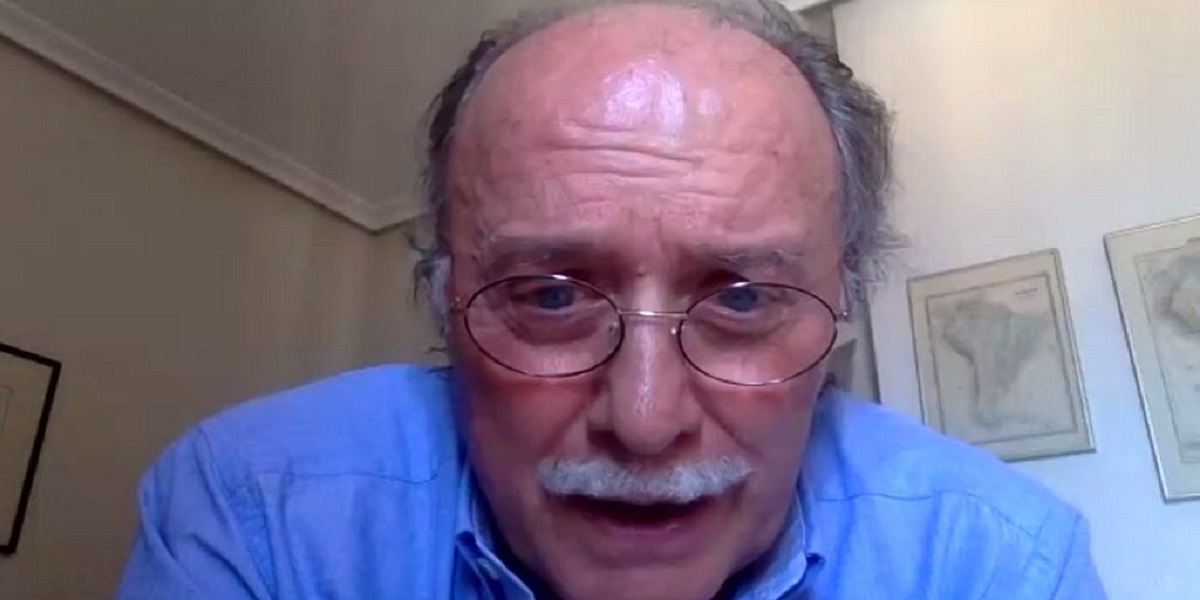In his presentation at the international conference “Unilateral Coercive Measures: Disrespect for International Law, Serious Human Consequences,” Professor of Public International Law at the Autonomous University of Madrid, Antonio Remiro Brotons, asserted that the United States has made coercive measures the fundamental tool of its foreign policy ” to suffocate dissenters.”
Remiro Brotons warned that these measures are scarier when they try to have extraterritorial effects and rely on the support of “accomplices” to subdue economic operators and recognize fictitious governments.
“Let’s add to this the criminalization of sovereignty to force the free availability of natural resources of developing countries, its armament policies, demands for exorbitant forms of cooperation, and even the perversion of humanitarian assistance by adopting measures attempting against the civilian populations,” he added.
He also said that these actions are illegal and represent a threat in the international scenario, and constitute a violation of the Charter of the united Nations “as they involve meddling in the sovereignty and competence of sates.”
Professor Remiro Brotons explained that humanitarian assistance in the hands of aggressor countries “becomes an instrument to harass and meddle.”
He also condemned that the United States and Europe claim to represent an “inexistent” international community by presenting coercive measures as sanctions that they apply to third parties and taking on a role of “supremacist identity.”
Finally, he explained that the only coercive measures that can be called sanctions are those authorized by the Security Council in compliance with the UN Charter.
Professor Remiro Brotons’ remarks were made at the international conference “Unilateral Coercive Measures: Disrespect for International Law, Serious Human Consequences,” which included the participation of UN Special Rapporteur Alena Douhan, former UN Independent Expert Alfred de Zayas, Professor of Law of the Central University of Venezuela Carmelo Borrego, and Professor of International Law at Princeton University, Richard Falk.



